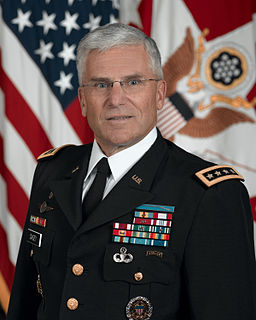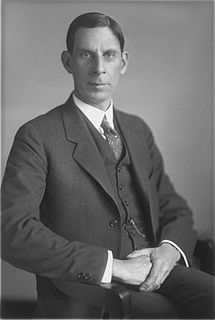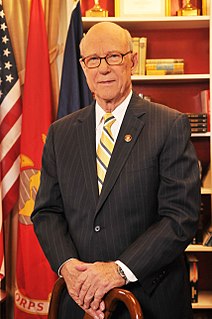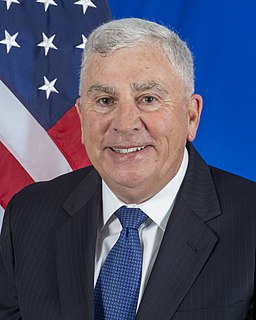A Quote by Ahmed Rashid
The strategy for peace-building in Afghanistan is economic aid, reconstruction, international security forces. On those lines, the U.S. has been extremely slow. And it has even blocked expanding security forces from Kabul to other cities.
Related Quotes
One of the real costs of the war is that our security is actually less than it otherwise would have been - ironic, since enhancing security was one of the reasons for going to war. Our armed forces have been depleted - we have been wearing out equipment and using up munitions faster than we have been replacing them; the armed forces face difficult problems in recruitment -by any objective measures,including those used by the armed forces, quality has deteriorated significantly.
It is common talk that every individual is entitled to economic security. The only animals and birds I know that have economic security are those that have been domesticated--and the economic security they have is controlled by the barbed-wire fence, the butcher's knife and the desire of others. They are milked, skinned, egged or eaten up by their protectors.
I returned to Kabul after a 27-year absence. I came away with some optimism but not as much as I had hoped for. The two major issues in Afghanistan are a lack of security outside Kabul (particularly in the south and east) and the powerful warlords ruling over the provinces with little or no allegiance to the central government. The other rapidly rising concern is the narcotic trade which, if not dealt with, may turn Afghanistan into another Bolivia or Colombia.
As president, my goal in Afghanistan will be to complete a successful transition to Afghan security forces by the end of 2014. I will evaluate conditions on the ground and solicit the best advice of our military commanders. And I will affirm that my duty is not to my political prospects, but to the security of the nation.
The [George W.] Bush administration tripled its aid package to Afghanistan. [Hamid] Karzai finally (and courageously) announced that warlords will be forbidden from holding office in the future government. And finally, NATO agreed to expand the peacekeeping forces to troubled areas outside of Kabul.
































